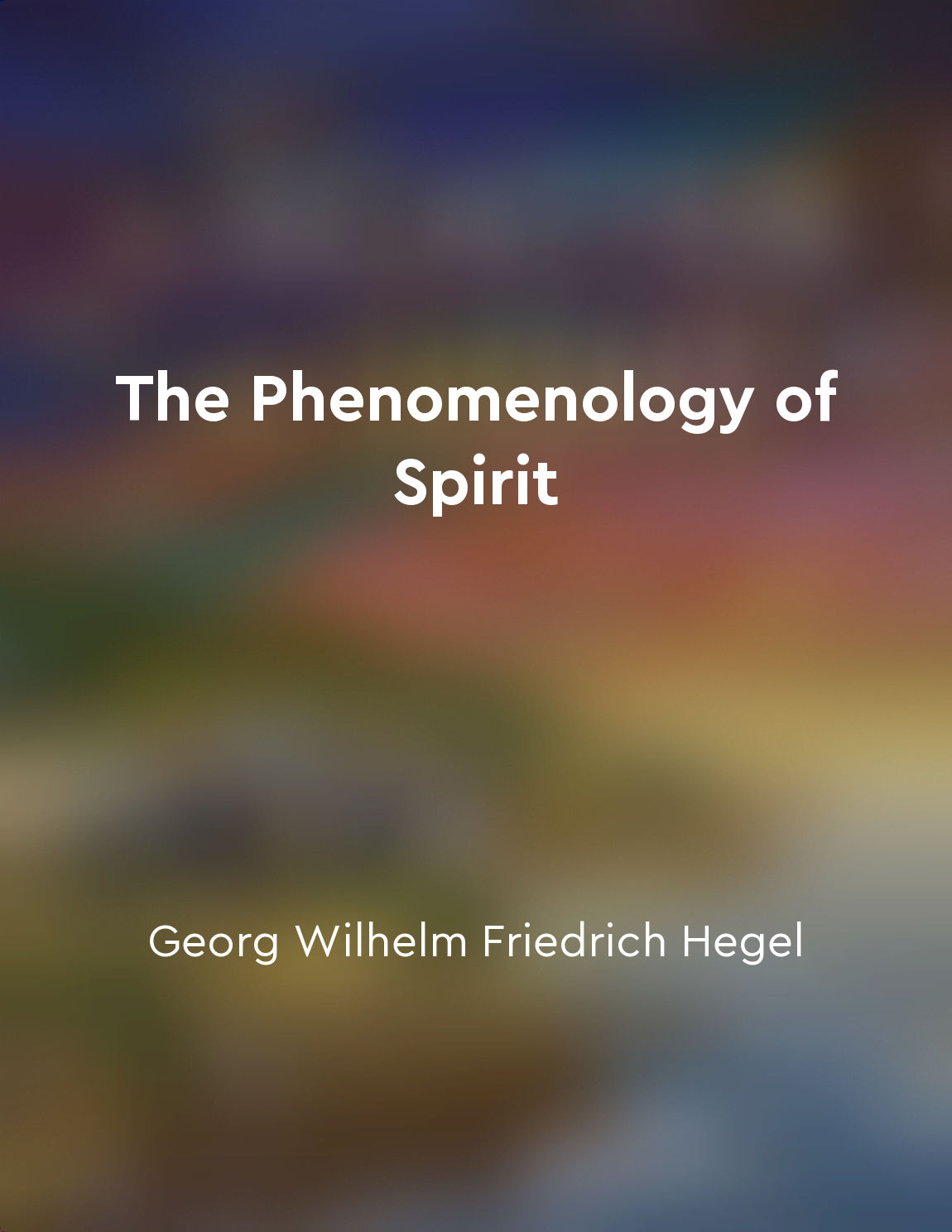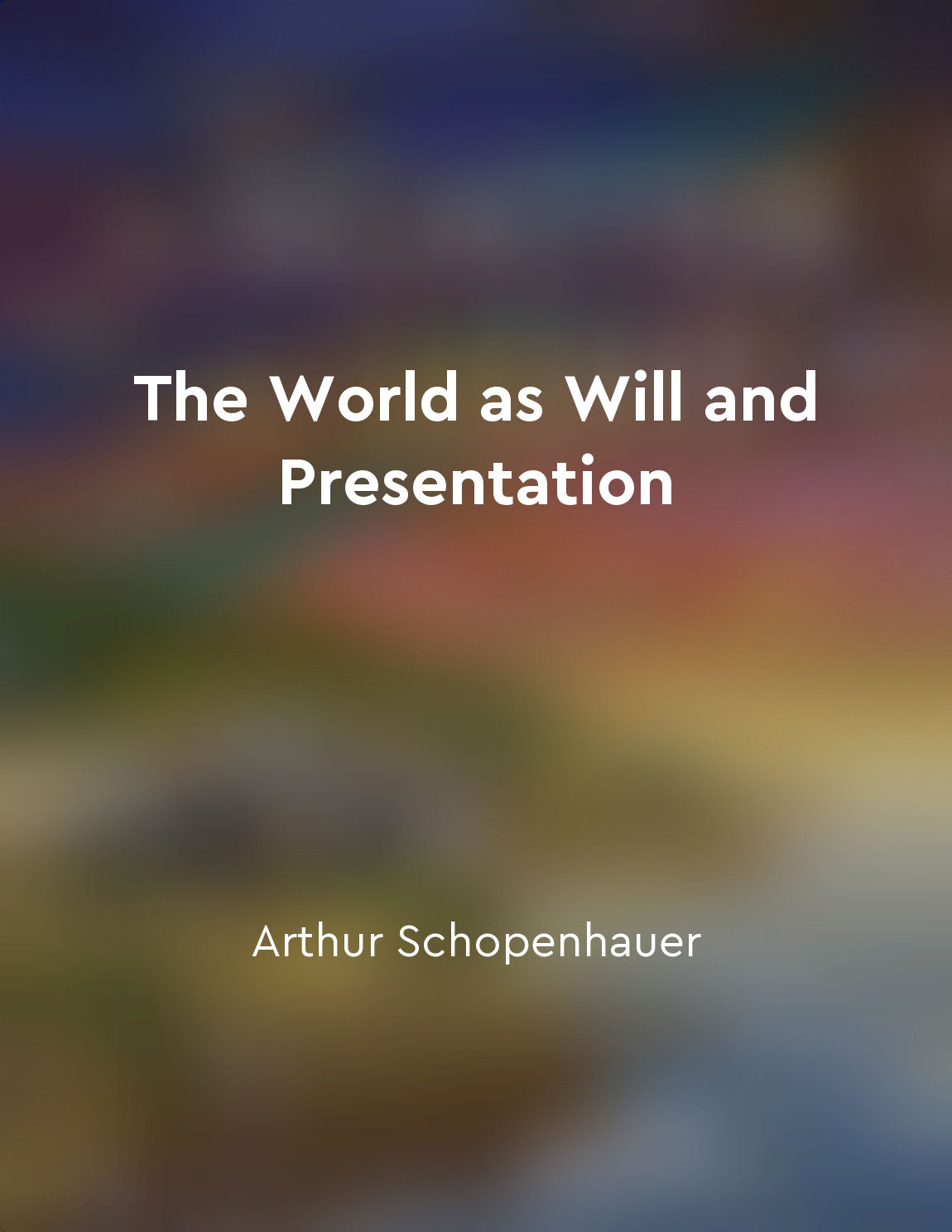Transcendental deduction justifies the use of categories from "summary" of Critique of Pure Reason by Immanuel Kant
The transcendental deduction serves as a crucial step in justifying the use of categories in our understanding of the world. By examining the relationship between our sensory experiences and our conceptual knowledge, Kant aims to demonstrate how these categories are not arbitrary impositions but necessary frameworks for organizing our perceptions. Through this deduction, Kant seeks to show that our cognitive faculties actively structure our experience of the world, shaping it in a way that is consistent with the categories of understanding. Kant argues that our cognitive faculties, specifically the understanding and the imagination, work together to make sense of the raw data provided by our senses. The understanding applies categories such as causality, substance, and quantity to organize this sensory input, while the imagination synthesizes these concepts into a coherent whole. In this way, Kant emphasizes the active role of the mind in constructing our experience of reality, rather than passively receiving information from the external world. Moreover, Kant contends that these categories are not mere conventions or habits of thought but are inherent to the structure of the mind itself. He posits that these categories are a priori conditions of experience, meaning that they are necessary for us to make sense of the world and cannot be derived from sensory data alone. By grounding the validity of these categories in the structure of the mind, Kant seeks to establish their universality and necessity in organizing our understanding of reality. Through the transcendental deduction, Kant aims to show that these categories are not arbitrary constructs imposed on experience but are essential frameworks that enable us to make sense of the world. By demonstrating the active role of the mind in structuring our perceptions and the necessity of these categories for coherent experience, Kant lays the groundwork for a critical examination of the limits and possibilities of human knowledge. In this way, the transcendental deduction serves as a key component in Kant's broader project of understanding the nature and scope of human cognition.Similar Posts
Philosophy continues to evolve and adapt to new challenges and ideas
Philosophy has always been a dynamic field, constantly transforming and responding to new challenges and ideas. From its origin...

Consciousness as the starting point
Consciousness, as the starting point of our inquiry, is the realm where we first encounter the world. It is through consciousne...

The intellect often leads us astray from true wisdom
The intellect, that faculty which enables us to think, reason, and understand, is often praised as the pinnacle of human intell...
Teleological argument supports belief in God
The teleological argument is a powerful tool for those who seek to establish a belief in God. By observing the complex order an...
Anticipations of perception lay the groundwork for natural science
In the pursuit of natural science, one must acknowledge that our perceptions are not merely random occurrences, but rather they...
The highest good combines virtue and happiness
The highest good is that which is worthy of being desired not merely as a means to some further end, but for its own sake. It i...
